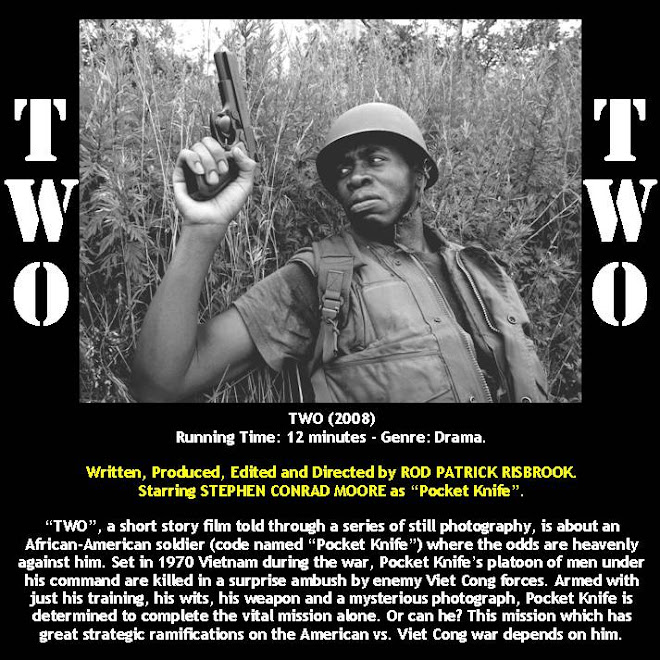WHOOOOOA, BABY! WOW!!!
I LOVE comic books and this is just rich!! I DEFINITELY WANNA SEE THIS FILM...

Jonathan Gayles, Ph.D. is Associate Professor of African-American Studies at Georgia State University in Atlanta, Georgia. He is a graduate of Morehouse College (B.A., Psychology), Winthrop University (M.S., School Psychology) and the University of South Florida (Ph.D., applied anthropology). His primary areas of interest include the anthropology of education, educational policy, Black masculinity, race and ethnicity as well as critical media studies.
An avid comic book reader as an adolescent, he was often frustrated by the general absence of African-American superheroes. He identified with the few African-American superheroes that he did discover primarily because they too were African-American men. As an adult and with a growing interest in the critical engagement of Black masculinity, his retrospective consideration of these characters has greatly diminished his fondness for the characters. With adult eyes, he was shocked by much of what he read in the comic books that he so loved as a child. In preparing a paper on the subject for an academic conference, he encountered a growing body of scholarship on race and representation in comic books. Furthermore, he was introduced to communities of scholars and artists that critique representations of African-Americans in comic books and create their own representations of African-Americans in the genre. After deciding to produce a documentary, he bought a Canon XHA1S, attended an intensive summer documentary film institute offered by Duke University’s Center for Documentary Studies and began shooting during the fall of 2009.







+LR+Edit+32.jpg)


.jpg)


























.jpg)



